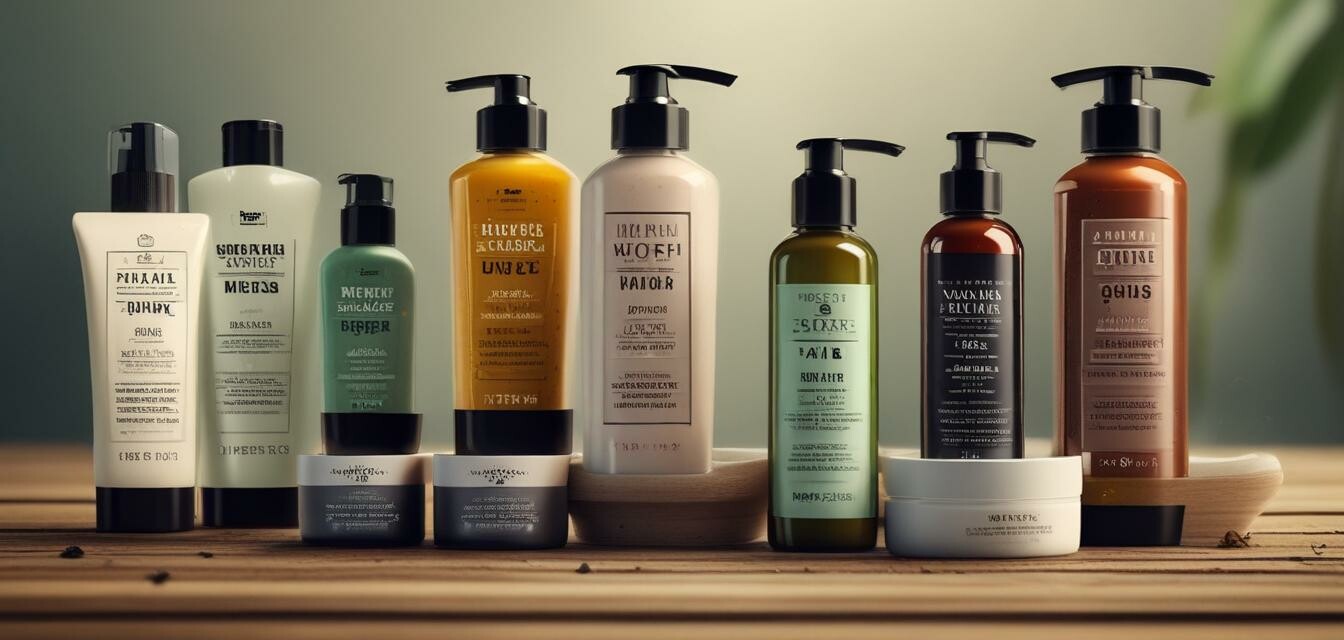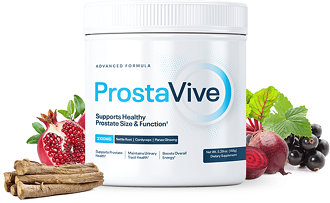
A Beginner's Guide to Choosing Face Wash
Key Takeaways
- Know your skin type: oily, dry, normal, or sensitive.
- Look for specific ingredients tailored to your skin concerns.
- Cleansing frequency matters: don't over-wash your face.
- Consider a product without harsh chemicals for sensitive skin.
- Test for allergies before using new products.
Choosing the right face wash is a fundamental step in any grooming routine. With various options on the market, it can be overwhelming for beginners to find the product that best suits their skin type and concerns. This guide aims to simplify the selection process, making it easier for you to choose the perfect face wash. We will cover essential tips on understanding your skin type, key ingredients to look for, and common pitfalls to avoid.
Understanding your skin type
The first step in selecting a face wash is to identify your skin type. Different skin types have unique characteristics and needs. Here’s a quick rundown:
| Skin Type | Characteristics | Best Face Wash Ingredients |
|---|---|---|
| Oily | Shiny appearance, enlarged pores, and prone to acne. | Salicylic acid, tea tree oil, or clay. |
| Dry | Flaky, rough texture, and often feels tight. | Hyaluronic acid, glycerin, or aloe vera. |
| Normal | Slightly oily in T-zone, balanced texture. | Gentle cleansers like cetyl alcohol or coconut oil. |
| Sensitive | Prone to redness, irritation, or reactions. | Chamomile, calendula, or soothing creams. |
Key ingredients to look for
Once you know your skin type, the next step is to look at the ingredients. Below are some common ingredients used in face washes that can cater to various skin types and concerns:
- Salicylic acid: Excellent for oily and acne-prone skin; it helps unclog pores.
- Glycolic acid: A chemical exfoliant for removing dead skin cells and perfect for normal and oily skin types.
- Gentle emollients: Such as jojoba oil or olive oil, ideal for dry skin.
- Soothing agents: Like chamomile and aloe, great for sensitive skin.
- Natural antioxidants: Ingredients like green tea extract can help protect your skin.
Common face wash pitfalls
When choosing a face wash, there are common mistakes that beginners often make. Here are a few to avoid:
- Picking a product with harsh sulfates that can strip your skin of its natural oils.
- Over-washing: cleansing your face too frequently can lead to irritation and dryness.
- Ignoring patch tests: always test a new product on a small area of skin to check for any allergic reactions.
- Choosing fragrance-heavy products that can cause irritation, especially for sensitive skin types.
- Focusing solely on price: remember, the cheapest option might not be the best for your skin.
Finding the right match
The ideal face wash should serve your specific skin needs while maintaining your skin's overall health. Once you've identified your skin type and know which ingredients work best, consider the following points:
- Read reviews and testimonials from others with similar skin types.
- Look for reputable brands with a proven record in the grooming industry.
- Try out travel sizes before committing to full-sized products.
- Consider product packaging – air-tight bottles help preserve sensitive ingredients.
Tips for keeping your face wash effective
- Wash your face twice daily: morning and night.
- Use lukewarm water to help open pores without causing irritation.
- Follow up with a good moisturizer based on your skin type.
- Avoid facial scrubs as they can be too harsh for everyday use.
Conclusion
By understanding your skin type, selecting the right ingredients, and avoiding common pitfalls, you can find the ideal face wash that meets your grooming needs. Putting the effort into choosing the correct product is an essential step on your path to achieving healthy, clean skin. For more tips on personal care, check out our guides on skincare essentials and general grooming advice.
Pros
- Can greatly improve your skin's appearance.
- Helps prevent breakouts and cleans skin effectively.
- Can enhance the absorption of other skincare products.
Cons
- Some products may cause irritation or allergic reactions.
- Finding the right product may take time and experimentation.
- Higher price does not always guarantee better quality.
